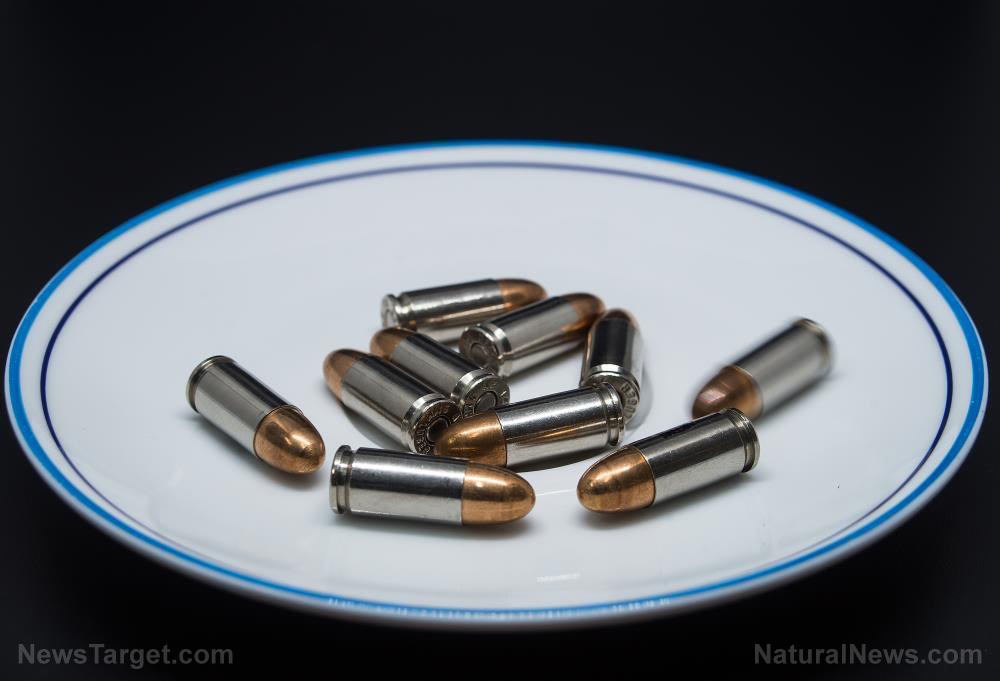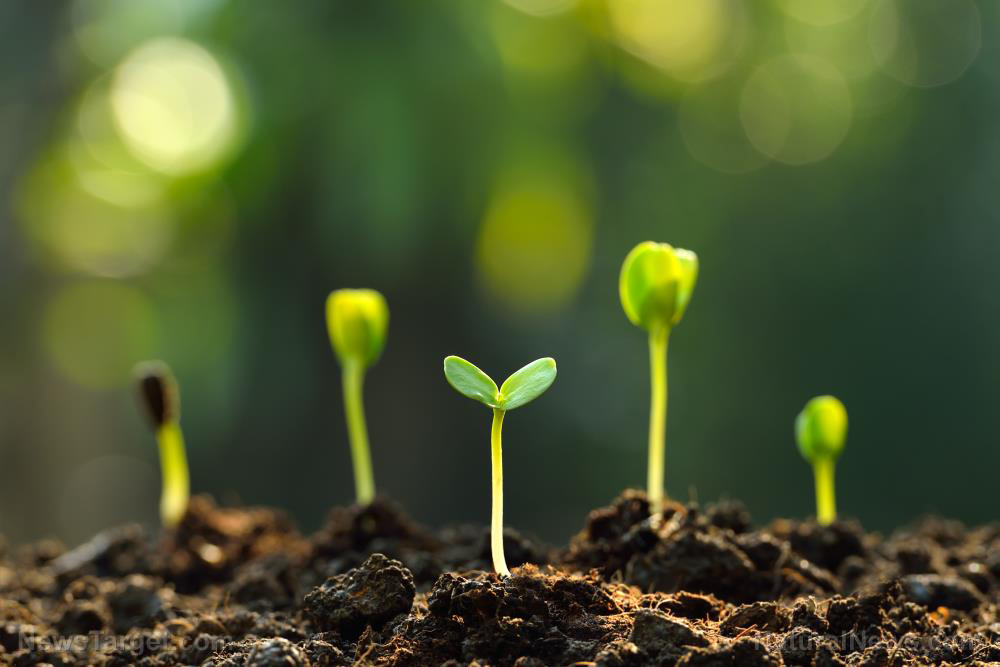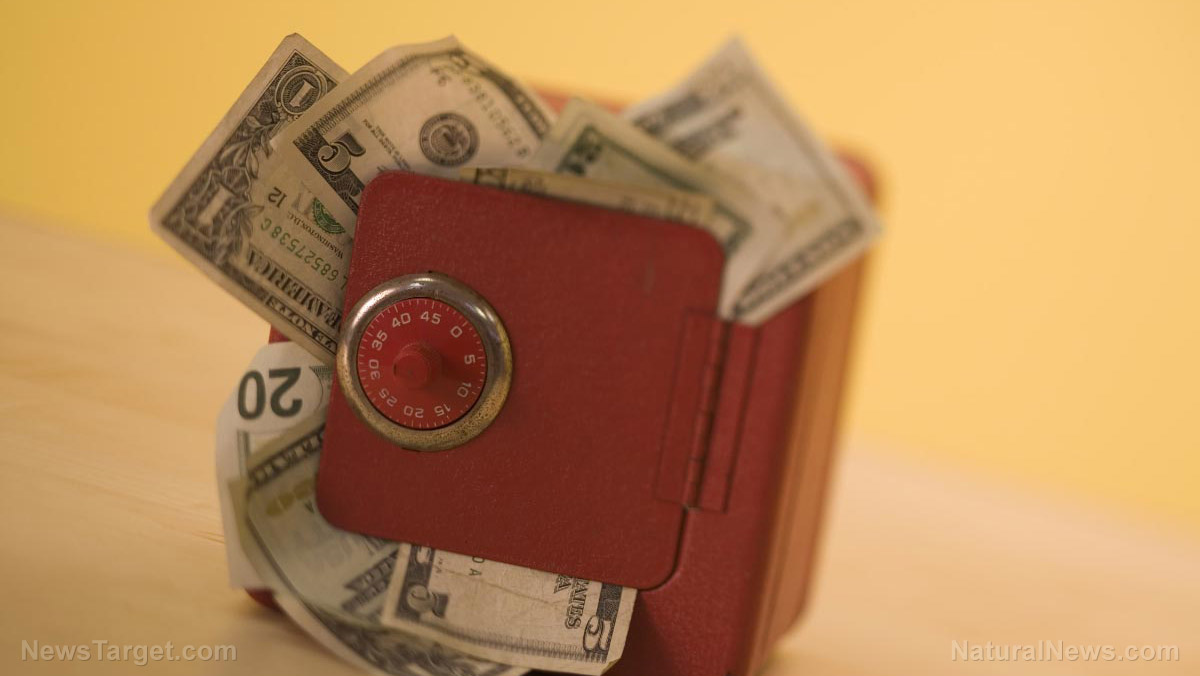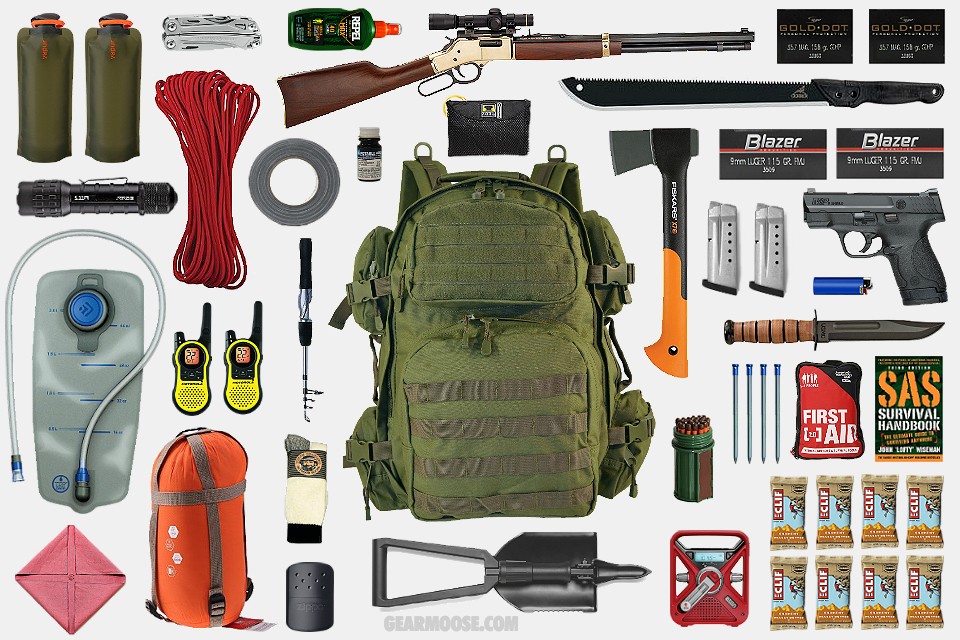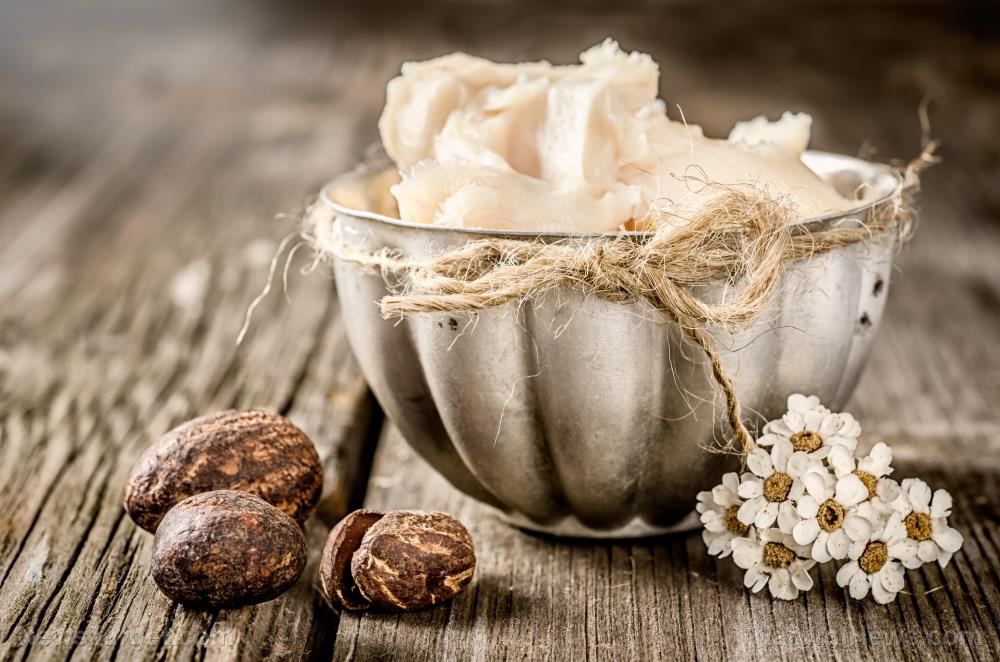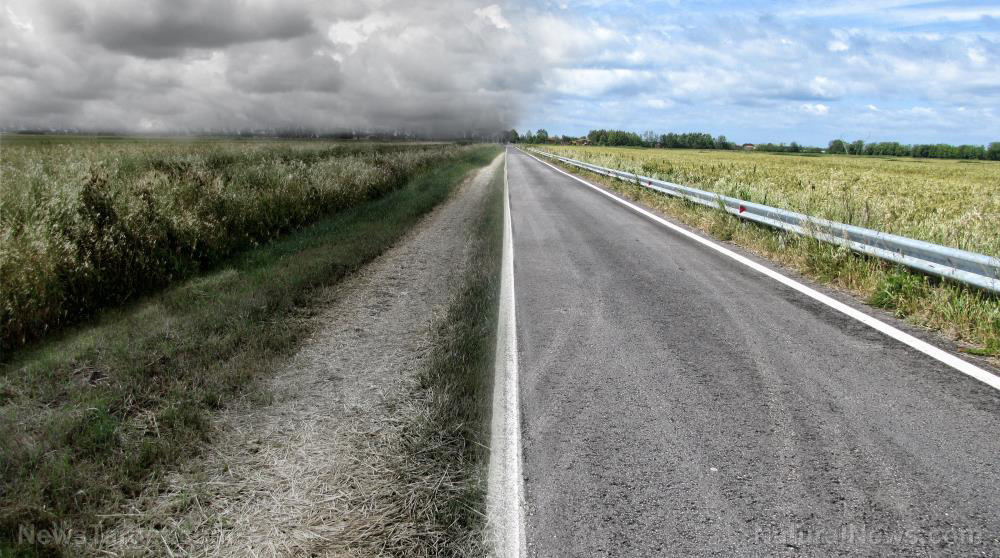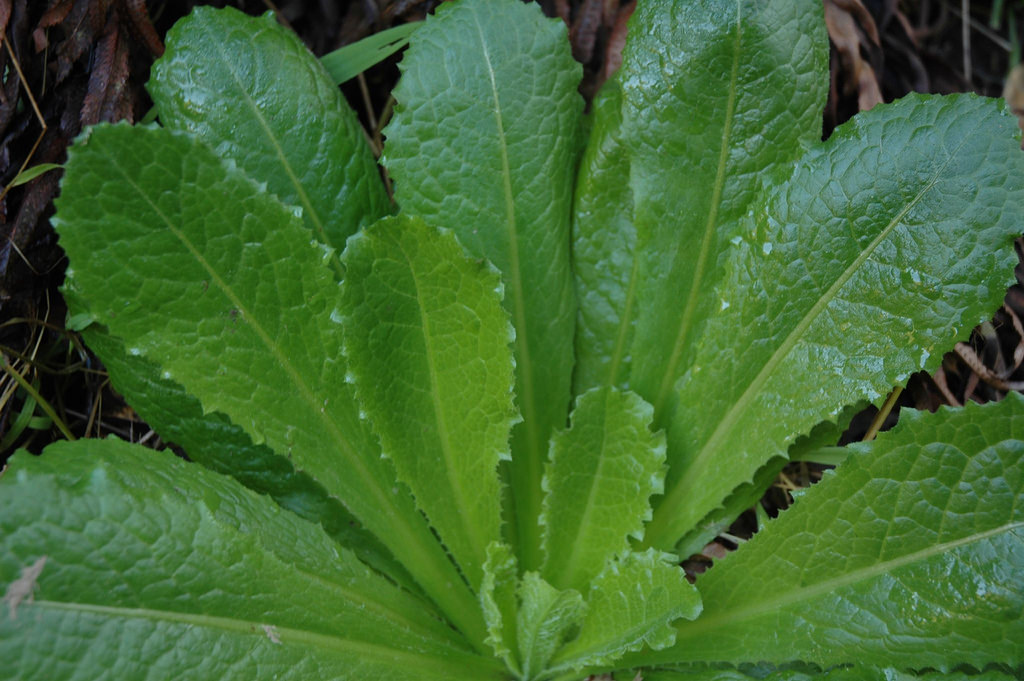Prepping tips: Feminine hygiene and eco-friendly products that you can use when SHTF
04/09/2019 / By Zoey Sky

Did you know that feminine products often contain toxins that affect your health? Don’t wait before SHTF to make the switch to eco-friendly alternatives such as reusable menstrual pads. (h/t to SurvivalBlog.com)
Not many female consumers are aware that disposable sanitary napkins usually have toxic chemicals, some of which are classified as carcinogenic (cancer-causing). These products may even contain reproductive and developmental toxins, such as:
- Acetone (an irritant)
- Chloroethane (a carcinogen)
- Chloroform (a carcinogen, reproductive toxicant, and neurotoxin)
- Chloromethane (a reproductive toxicant)
- Styrene (a human carcinogen) (Related: Women, are you aware of these TOXINS found in common feminine products?)
Reasons to use reusable feminine products
There are many reasons to use reusable menstrual pads, and some of these include environmental and financial reasons. They can significantly reduce the waste you produce and they help you save money on feminine products every month.
When SHTF, you’ll no longer have to worry where you’re going to buy pads because you can just reuse or make your own, provided you know how to sew.
Many brands now offer feminine products such as:
- “Clutches” for carrying personal items discretely
- Cotton nursing pads
- Daily panty liners
- Hand towels
- Incontinence products
- Post-partum pads
- Washable toilet wipes
Certain brands, such as Naturally Cozy, offer item samples if you want to test a certain product before you order a full set.
Compared to single-use products, washable pads are comfortable. Since most pads are made of soft flannel and organic cotton, you won’t experience any chafing.
100% organic essential oil sets now available for your home and personal care, including Rosemary, Oregano, Eucalyptus, Tea Tree, Clary Sage and more, all 100% organic and laboratory tested for safety. A multitude of uses, from stress reduction to topical first aid. See the complete listing here, and help support this news site.
Disposable pads use plastics that block airflow to the vagina and this can cause a painful rash. Disposables also use synthetic fibers such as rayon. These fibers are super-absorbent, but they may also absorb the moisture in your vagina. This can result in discomfort and even infections, especially if you wear pads for hours on your period. If you suffer from intense pain during your period and are using disposables, you can significantly improve your condition by using alternatives like cloth pads or menstrual cups.
If there are several women in the family, you can get washable pads in a pattern of your choosing to avoid confusion. Others may think reusable napkins are unhygienic, but they’re as easy to use and maintain as washable cloth diapers.
While the initial cost of purchasing pads and panty liners are higher than disposables, you’re still saving more money in the long run. Unlike disposable products, which you need to buy regularly, you only need to buy reusable feminine products about every five years or so.
Using washable pads will help reduce your waste. In North America alone, an estimated 20 billion pads and tampons are discarded annually. The plastics in disposable pads take hundreds of years to decompose, and the process of manufacturing these products pollutes the air, animal habitats, and waterways. Switch to reusable products if you want to make a difference.
How to wash reusable pads
If you’re thinking about switching to reusable menstrual pads, they’re easy to clean.
- Put soiled pads in a soak bucket. You can add a splash of hydrogen peroxide if you wish.
- If the odor builds up, soak the pads in vinegar for several hours, then wash.
- Once your period is over, you can either hand wash them or use your washing machine. To keep things sanitary, run a separate load on your washing machine for your pads.
- Don’t put your pads in the dryer. Always air-dry clean pads and other reusable hygiene products.
But why wait until disaster strikes before you start using washable cloth pads? Stop buying disposable feminine products and switch to reusable menstrual pads to save more money and reduce waste.
Sources include:
Tagged Under: Collapse, disaster, emergency preparedness, feminine hygiene, homesteading, off grid, preparedness, prepping tips, reusable feminine pads, reusable menstrual pads, sanitary napkins, self sufficiency, self-reliance, self-sustainability, SHTF, survival, survival supplies, Survival Tips, washable cloths






